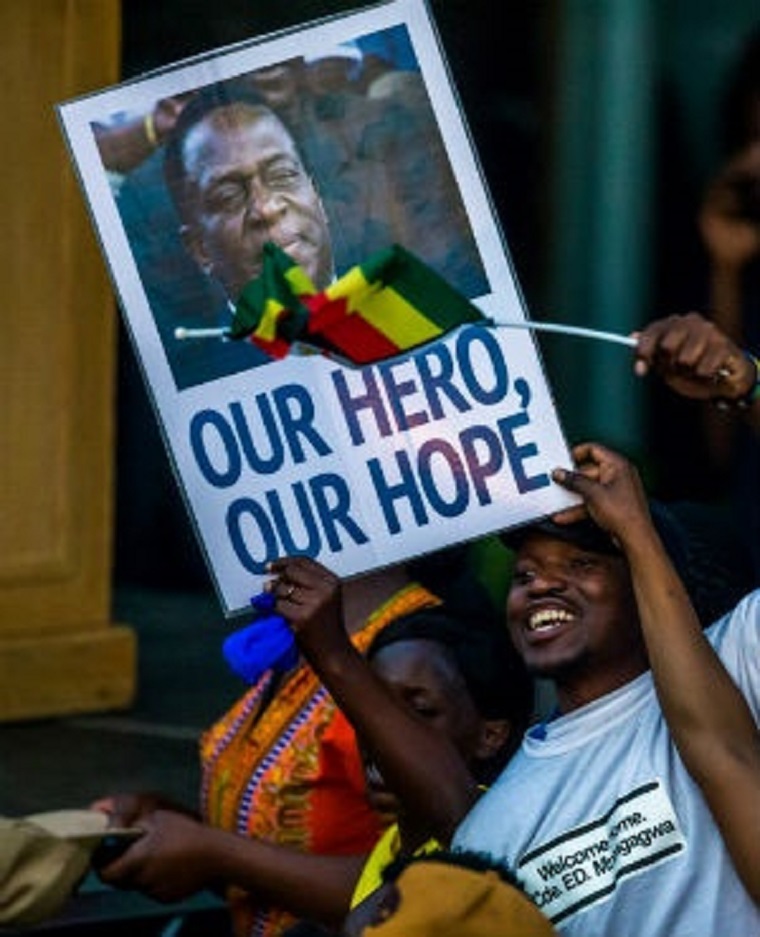Mngxitama writes in his essay: Blacks can’t be racists: “Mission education has created a black person whose salvation is whiteness, hence the preparedness of our post colonial/apartheid leaders to undertake neo-colonialism or simply to take over from whites and continue where their intellectual and spiritual brethren left. All this is done for recognition in the white world and to satisfy the demands of the aping games. Every single one of them, from Kwame Nkrumah to Nelson Mandela to Thabo Mbeki, has accepted silly recognitions from the colonial master- being knighted or appointed to the Queen’s Council-they all crave approval and the coveted Nobel Peace prize is the ultimate reward.”
Walter Rodney in his book: How Europe underdeveloped Africa, argues that though whites drilled the notion that they were superior to blacks “an even bigger problem is that the people of Africa and other parts of the colonised world have gone through a cultural and psychological crisis and have accepted at least partially the European version of things. That means that the African himself has doubts about his capacity to transform and develop his natural environment. With such doubts, he even challenges those of his brothers who say that Africa can and will develop through the efforts of its own people.”
Rwandan leader, Paul Kagame summed it all. “For this generation as much as previous ones, acquiring education and status often requires Africans to accept the premise of inferiority – to act as though there is little of value in our culture and experience. As a result, we tend to seek validation elsewhere, instead of looking to each other to find solutions. We tolerate mediocre implementation, even though we are very capable people. We avoid taking responsibility, even though it is we who pay the price for failure.”
This is what is happening in Zimbabwe at the moment. The outcry that Zimbabwe’s indigenisation laws are stifling foreign investment, is in effect an admission that Zimbabweans cannot manage their own economy. They need foreign investors. Zimbabwe needs foreign investors, indeed, but as Tanzanian academic and former Foreign Minister Abdulrahman Mohamed Babu says, for Africa to liberate itself “the starting point must be the satisfaction of the people’s basic needs- food, housing and clothing”.
This is something people can do for themselves without any outside assistance by growing enough food for the nation first because the other things such as housing and clothing will automatically follow.
“We must abandon, as a pre-condition, the old notion of looking outwards for our survival and orientate the economies to look inwards for solutions. External factors- trade, aid, foreign investment and loans-must only compliment internal activity, but not the other way round,” Babu says.
He argues that the real world is not just or interdependent and Africa, including Zimbabwe, must recognise that: “The real world economy, in fact, is not interdependent; it is an exploitative arrangement whereby one section of the world benefits from the weakness and backwardness of the other. And it is in the interest of the former to maintain the situation as it is. Africa has no power to change it, shout as we may. We can only change what is in our power to change, and that is our economies first- their structures and direction.”
“ Historically,” Babu continues, “even the mighty Germans of the last century found it necessary to protect their economies, their dignity and sovereignty against what they dubbed the ‘imperialism of free trade’. This was at a time when Germany was already becoming an industrial power in its own right, but still realised that it would not be to its advantage to abide by the thesis of comparative advantage and free trade when it was still weak compared to Britain, which then had a decade or so head-start over Germany.
“Similarly, for the poor and weak countries of Africa today, like the then, poor and weak countries of the last century, the primary pre-occupation must be, not a blind adherence to the international trade norms, or the belief in the ‘law’ of comparative advantage which is really the law of the strong over the weak. It must be to produce for their own needs, to strengthen their state systems so that they do not become vulnerable to the dictates of other interests; to struggle for the attainment of unity of state and nation in a continent so mangled and fragmented by slavery and colonialism; to reorient their economies so as to achieve unity between industry and agriculture, a precondition for integrating their economies internally and to evolve independent national economies in place of the present colonies. You may call this ‘economic nationalism’ but all countries that have started late on the road to development (Germany, USA, Japan, Soviet Union, China etc.) had to resort to this development strategy, and history has proved them right. Why should Africa be an exception?”
(914 VIEWS)


